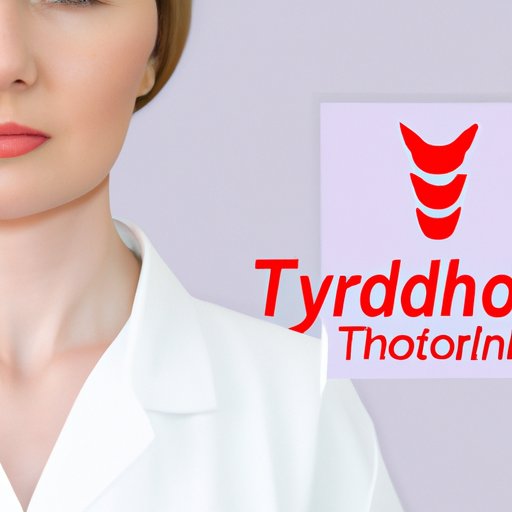
Introduction
Thyroid issues, particularly hypothyroidism and hyperthyroidism, are becoming increasingly prevalent in females around the world. These ailments can cause significant disruptions to one’s physical and mental well-being. In this article, we aim to provide tips and guidance on how to manage thyroid issues effectively.
Lifestyle Changes
Lifestyle changes are non-negotiable in managing thyroid issues. A healthy, well-balanced diet can assist in regulating the thyroid hormones, reducing inflammation, and improving nutrient absorption. Foods to add to the diet include selenium, zinc, and omega-3 rich foods like fatty fish. On the other hand, those with thyroid issues should minimize their soy consumption, and goitrogenic vegetables like broccoli, spinach, and kale.
Exercise can also help manage thyroid issues. Moderate aerobic exercise and strength training can aid in weight management- a critical factor in thyroid health. Furthermore, yoga and meditation are excellent stress-reduction techniques highly recommended for thyroid patients. High levels of stress can cause a hormonal imbalance, leading to exacerbation of the condition.
Medication Management
Managing thyroid issues often requires medication. The most common medication options for hypothyroidism patients are levothyroxine, liothyronine, and natural desiccated thyroid (NDT). Hyperthyroidism patients are often prescribed methimazole or propylthiouracil. Diazepam and beta-blockers can also be used as adjunct therapy to alleviate the symptoms of hyperthyroidism, including palpitations, nervousness, and anxiety.
It is crucial to work with a healthcare professional to determine the right medication type, dosage, and intervals. Delayed absorption, intestinal malabsorption, and foods like soy, coffee, and bran can impact a drug’s effectiveness. Similarly, drug-drug interactions can compromise medication effectiveness or cause adverse effects.
Importance of Regular Check-Ups
A regular thyroid check-up is essential for the optimal management of thyroid disease. It typically includes a physical exam, a blood test, and sometimes an ultrasound exam. The results of these exams will inform dosage adjustments, determine the effectiveness of the medication and identify possible complications.
The blood test typically checks for TSH, T4, T3, and antibodies. Patients need to understand the reference ranges of these tests so that they can interpret their results correctly. Knowing how to interpret results also allows the patient to track changes in their condition and adjust their medication if required.
Alternative Health Approaches
Alternative methods to managing thyroid issues can complement conventional methods. Acupuncture can stimulate thyroid function, while herbal remedies like ashwagandha can improve thyroid hormone levels. Yoga, especially inversions, is excellent for thyroid health.
It is essential to note that alternative remedies should not replace conventional approaches. Moreover, patients should avoid self-medication with herbal supplements due to the risk of interactions with prescription medicines and other supplements.
Managing Thyroid and Pregnancy
Thyroid management can present significant challenges during pregnancy. A thyroid hormone imbalance can cause miscarriages, preeclampsia, birth defects, and developmental delays. Expectant mothers should inform their obstetricians of their thyroid condition and undergo regular check-ups throughout pregnancy.
For some, medication doses may need to be adjusted throughout pregnancy, and post-abortion. Moreover, iodine supplementation is crucial in ensuring the mother and fetus’ hormonal health.
Conclusion
Thyroid issues are prevalent, and effective management depends on a combination of lifestyle changes, proper medication management, alternative remedies, and regular check-ups. It is crucial to work with healthcare professionals and keep an open mind when managing thyroid issues. Remember, early detection and continuous management are essential for better outcomes.




